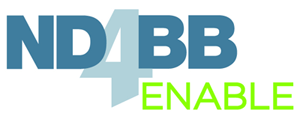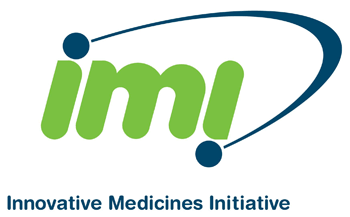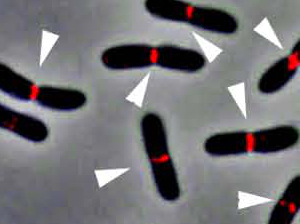A través de la participación del Centro Nacional de Biotecnología (CNB) y del Centro de Investigaciones Biológicas (CIB), el CSIC participa en una iniciativa, junto a más de 30 universidades europeas, institutos de investigación y empresas, para desarrollar nuevos antibióticos frente a patógenos Gram- negativos. El programa, denominado ENABLE, tiene una duración de 6 años y está liderado por GlaxoSmithKline y la Universidad de Uppsala. Cuenta además con el apoyo de la Iniciativa sobre Medicamentos Innovadores (IMI).
 La crisis de los antibióticos
La crisis de los antibióticos
El mundo se enfrenta a una creciente epidemia de resistencia a los antibióticos, sin embargo sólo se han introducido en el mercado dos nuevas clases de antibióticos en los últimos 30 años. El descubrimiento y desarrollo de nuevos antibióticos es esencial para mantener los avances médicos, pero plantea retos científicos, clínicos y financieros importantes, en particular para los antibióticos activos contra las bacterias Gram- negativas (como E. coli). Estas bacterias tienen barreras eficaces contra las drogas, su tratamiento resulta difícil, y adquieren resistencias con facilidad. Los nuevos antibióticos que se descubren han de ser siempre utilizados con precaución para retrasar la aparición de resistencias en los microbios que se quieran tratar, por lo que se dificulta la amortización de las inversiones realizadas para su desarrollo.
 Colaboración privada y pública
Colaboración privada y pública
En respuesta a estas barreras en el desarrollo de nuevos antibióticos, IMI, una asociación de investigación entre la Comisión Europea y las principales compañías farmacéuticas (a través de la EFPIA, la Federación Europea de Industrias y Asociaciones Farmacéuticas), ha puesto en marcha una serie de proyectos llamados ND4BB, unas siglas con cierta gracia en lengua inglesa que significan “nuevas drogas para bichos malos”. Su propósito es superar los cuellos de botella en el desarrollo de nuevos antibióticos y propugnar que se usen de forma eficaz.
El proyecto ENABLE, el tercero en la serie ND4BB, agrupa 13 países y reúne a 32 socios con la misión de establecer una importante herramienta para encontrar fármacos antibacterianos promocionando el avance de los programas de investigación a través del descubrimiento de nuevos compuestos y de la realización de la primera fase de ensayos clínicos. La cartera de compuestos inicial se ampliará a través de convocatorias abiertas para mantener un flujo de desarrollo que logre así el objetivo final que es completar esa primera fase de ensayos clínicos para obtener en 2019 al menos un antibiótico nuevo para tratar las infecciones por bacterias Gram- negativas.
La inversión conjunta pública y privada a través de IMI responde a cambios en la estrategia para obtener algunos medicamentos que, como los antibióticos, necesitan una inversión arriesgada para su descubrimiento y desarrollo. Esta colaboración tiene la misión de movilizar en Europa la experiencia de las universidades, institutos de investigación y la industria para responder a los desafíos globales. Coloca a Europa en la vanguardia de la investigación en colaboración entre la industria y el mundo académico para responder a los retos que presenta la salud.
 El CNB: impedir la proliferación de patógenos
El CNB: impedir la proliferación de patógenos
“Estudiando la bacteria E. coli como modelo, en el Centro Nacional de Biotecnología del CSIC,” manifiesta Miguel Vicente, “hemos obtenido conocimientos y experiencia técnica del más alto nivel para ensayar la eficacia de nuevos antibióticos en la lucha contra patógenos Gram-negativos”. A lo largo del proyecto ENABLE el CNB recibirá compuestos desarrollados por otros socios, como la fundación MEDINA, la Universidad de Barcelona y la empresa Biomol-Informatics para determinar si frenan el crecimiento o la proliferación de la bacteria. “Cuando lo sepamos, realizaremos ensayos más detallados para averiguar si alguno de ellos bloquea la máquina molecular que dirige la división de la bacteria y así proponer modificaciones de su estructura química que los hagan más eficaces”.





